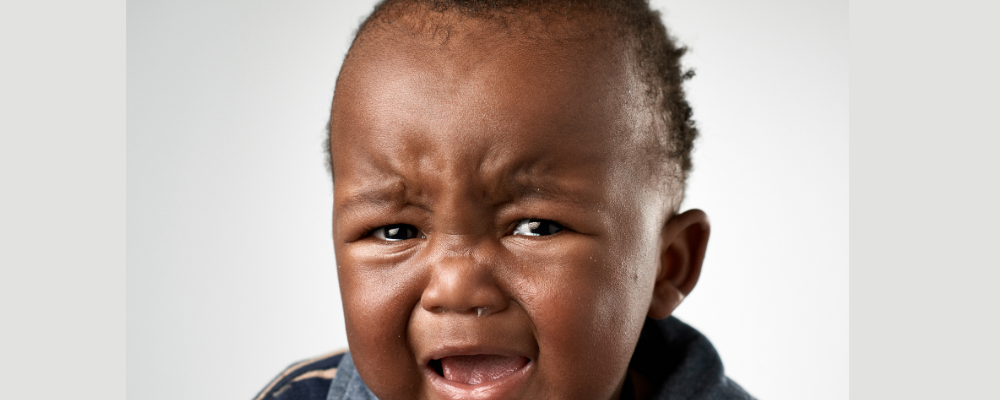
All babies cry, but just how much is too much? It could be colic!
As a mother, whether first time or not, you are the expert on your baby! Trust your instincts; Take time to read through materials and Educate yourself on matters to do with children; It’s okay to act as a detective, I mean this is your most precious possession; And finally, never shy away from asking and getting help.
It is typical for all babies to cry since birth. As a new mom you always know; the baby is hungry, needs a diaper change, they are sleepy, or they are not feeling well.
Sometimes, your baby could be struggling with something else and most likely this could be either colic, reflux and eczema. Reflux and eczema from the onset are easy to determine e.g. the spitting up, choking or rashes in case of eczema. Colic on the other hand is hard to differentiate from the earlier mentioned signs of hunger, wet diaper, sleep or unwell.
Whenever a healthy baby has excessive, inconsolable crying, this is defined as colic. Infant colic episodes are distressing for both the babies and parents. Nevertheless, the baby is not in serious harm. Babies with colic are challenging to handle but thankfully the condition is not forever; if managed well, it ends soonest.
Many at times parents have been confused on why the baby is crying. Some of the questions include: What is colic? How do I know the baby is colicky and what do I do to manage colic?
What is Colic?
Research has shown that there is no clear cause of it, but decreased concentrations of beneficial bacteria can contribute to digestive problems which many refer to as colic. Colic affects roughly 26% of infants and it peaks around 6 weeks then diminishes after 3 – 4 months.
All babies are born with an ecological blank slate. This means their gastrointestinal microbiota begins to take shape during the birthing process and their first few days of life. Mothers are encouraged to proactively take probiotics and foods rich in fiber all along their pregnancy journey.
How do I know the baby is colicky?
Now, if you didn’t take probiotics and fiber rich foods during pregnancy or maybe you did but for some reason your newborn is;
